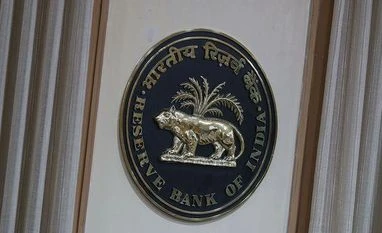Reserve Bank of India (RBI) deputy governor MK Jain has said that banks’ legacy core banking system (CBS), developed in the pre-mobile era, is perhaps not well suited to make swift changes in product design, computation capabilities and API integration, among others.
According to him, these entities need to scale up their investment in technology to keep up with the changing times.
During a speech at the National Institute for Banking Studies and Corporate Management (NIBSCOM), Jain said that banks and financial institutions (FIs) should foster continuous innovation.
In a technology-led dynamic environment, the financial sector will have to anticipate and prepare for requirements, he said.
According to Jain, technology is revolutionising the financial services industry and bringing a disruptive paradigm shift in the delivery of banking services.
As technology companies have entered the financial space, banking services are being bundled onto platforms and delivered through mobiles. This is resulting in consumers having the convenience of accessing financial products across the entire spectrum of banking, capital markets, insurance and pension as well as non-financial products directly through their mobile phones.
“Very often, this results in blurring of the regulatory perimeter and jurisdiction boundaries,” Jain said.
“While this technology revolution has certainly enhanced the efficiency of financial entities and resulted in significant improvement in doing business with banks, it has also posed new challenges,” he added.
Jain advised banks and FIs to work in collaboration to leverage technology and derive synergistic benefits for optimising costs, maximising revenues and enhancing customer experience.
“However, while doing so, they should ensure data privacy and protection as well as addressing consumer grievances and protecting them from unfair practices,” he said.
As data is being touted as the next oil, for banks and FIs to harness the data, they have to build capacities in technology, analytics and human resources, Jain said.
“With a dynamic and rapidly changing environment, the skill gap is widening. To address this, banks and financial institutions have to attract, train and retain talent,” he added.
“Further, there is a greater need for employees to be flexible, agile and open to new technologies and proactively pick up new skills to remain useful.
Consequently, upskilling and reskilling of human resources is a sine qua non to face the emerging challenges. This is where capacity building will play a major role in the financial sector,” he said.
Jain said the financial services sector must invest in research and be open to accepting and developing out-of-box ideas. “Banks and financial institutions can consider in-house data science labs or sandbox environments to test out innovative ideas,” he said.
Instead of banks following technology companies, the situation could be reversed with banks leading with novel technology solutions, Jain said.
In view of the Ukraine war, Jain said Indian banks and FIs should strengthen their risk management capacities to monitor ongoing global events. They should also quickly recognise their potential impact and proactively mitigate and insulate themselves from adverse consequences.
Unlock 30+ premium stories daily hand-picked by our editors, across devices on browser and app.
Pick your 5 favourite companies, get a daily email with all news updates on them.
Full access to our intuitive epaper - clip, save, share articles from any device; newspaper archives from 2006.
Preferential invites to Business Standard events.
Curated newsletters on markets, personal finance, policy & politics, start-ups, technology, and more.
)